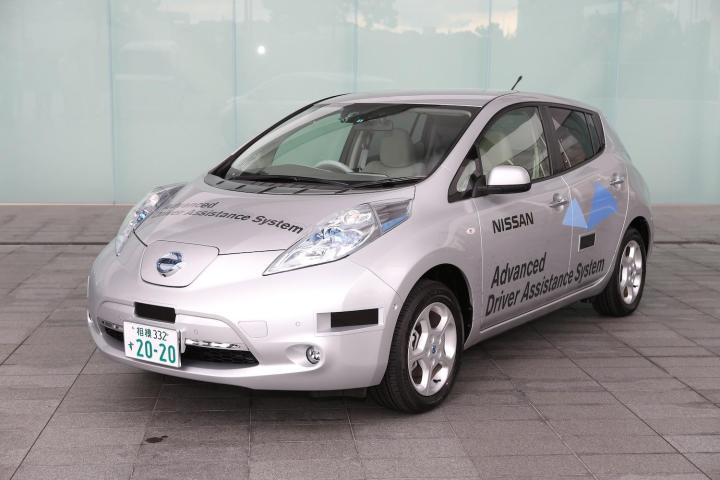
The robots are coming for you … and they want to drive you to work.
Autonomous or self-driving cars are going to be on sale soon; we have known this for a while. What we didn’t know, though, is just how many people are ready to hang up their car keys, move to the back seat, and let the computers take over.
A new study shows that one-in-five people would be happy to stop driving entirely if they had the option of purchasing an autonomous car. And significantly more than one-in-five would consider it if their insurance rates went down.
The study, performed by carinsurance.com, looked both at opinions of 2,000 licensed drivers on autonomous cars and under what circumstances they would be willing to adopt the technology.
A third of drivers would be willing to give up control if their insurance premiums dropped by 80% or more. Perhaps most staggering is that 90% of those polled would at least consider the idea of using the technology.
Such a dramatic drop in insurance premiums might not be pure puffery either, as the automated driving technology is expected to be significantly safer than human control. Some of the benefits are already being seen with the “driver aids” already on the market, like lane departure warning and assisted braking.
Oddly enough, even though consumers are willing to let their cars take over, they don’t agree that they are safer. A whopping three-quarters of respondents said that they felt that they could drive better than a computer. The same number agreed that they would not trust their children to a driverless car.
Apparently, Americans hate car insurance premiums enough to relinquish control of their cars for some monthly savings. People might still think they are better drivers than computers, but for reduced premiums they are willing to give the robots a shot.
Surprisingly, a majority of respondents said they trust traditional automakers to deliver safe autonomous cars more than startups or tech companies like Google.
This contradicts a previous study, which reported that consumers would prefer a high-tech label to take the lead in vehicle autonomy rather than companies like GM or Nissan.
With Nissan promising a self-driving car in showrooms by 2020, it’s appropriate to start considering what people will do with all the extra time they’ll have on their hands when they pass driving duties off to their car.
Survey respondents said they’d use the newfound time to take up activities like: texting, reading, work, watching movies, and sleeping. Considering I have seen drivers in distinctly non-autonomous cars doing all of those things, not to mention shaving and putting on makeup, maybe autonomous driving technology won’t change that much for people’s daily routines. It’ll just make the roads safe for the rest of us.
Editors' Recommendations
- Your car insurance company knows more about you than you think
- Apple Car will be fully autonomous with no driver input, insiders claim
- New self-driving car algorithm keeps you safe by constantly predicting doom
- New Apple self-driving car patent could turn Siri into your personal chauffeur
- Honda joins GM, Mercedes, Toyota in self-driving group


